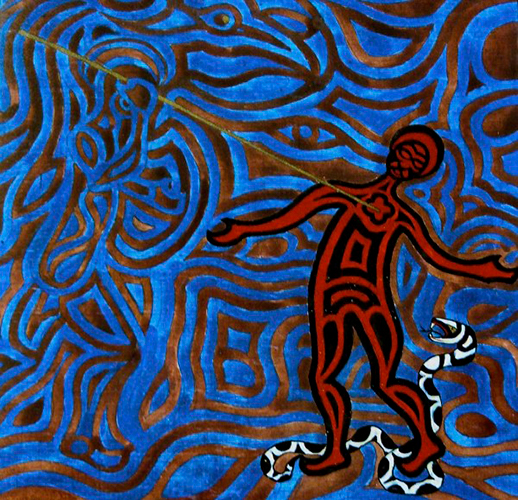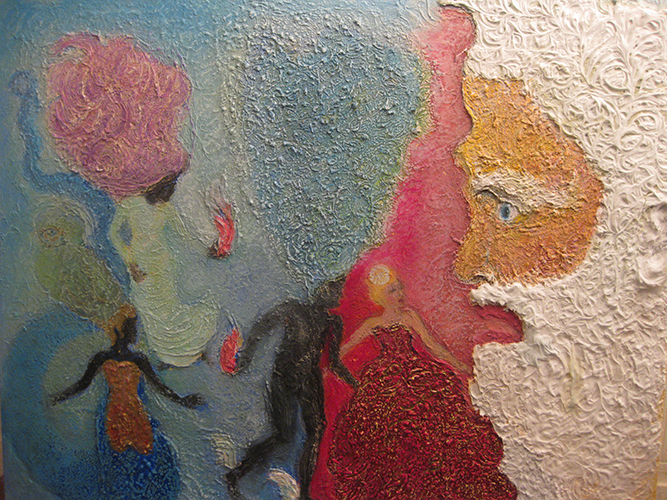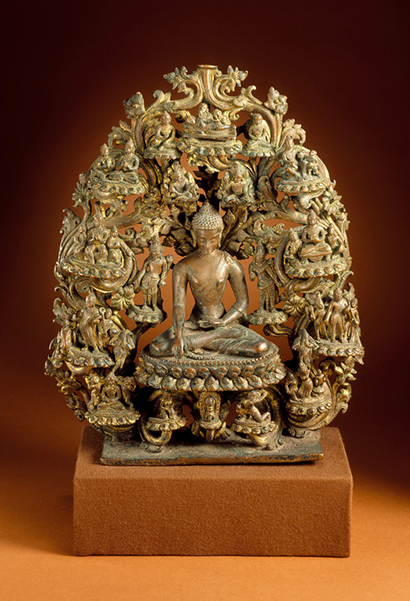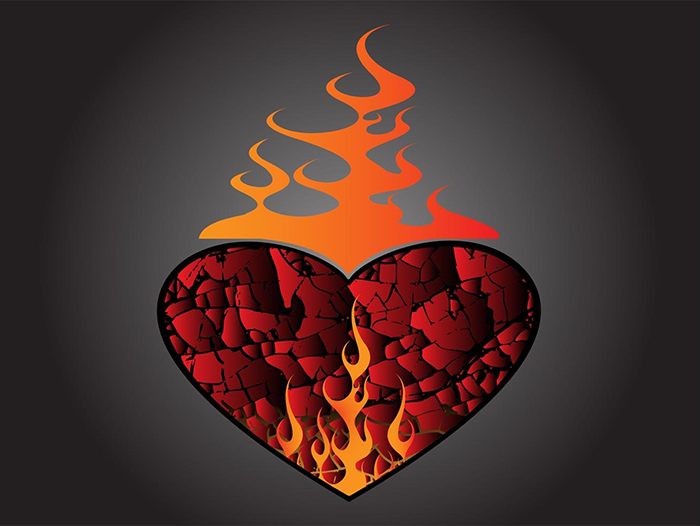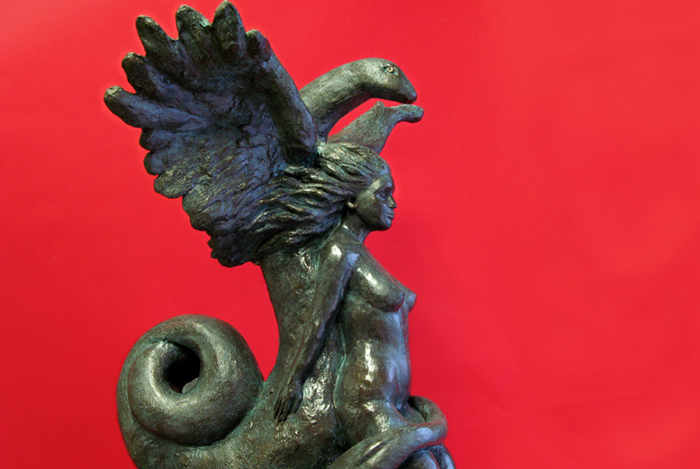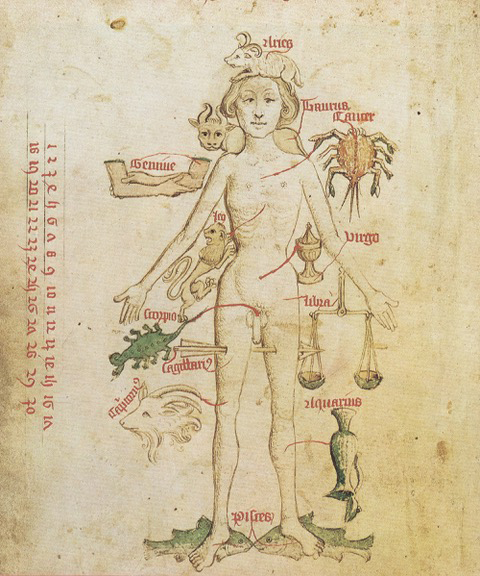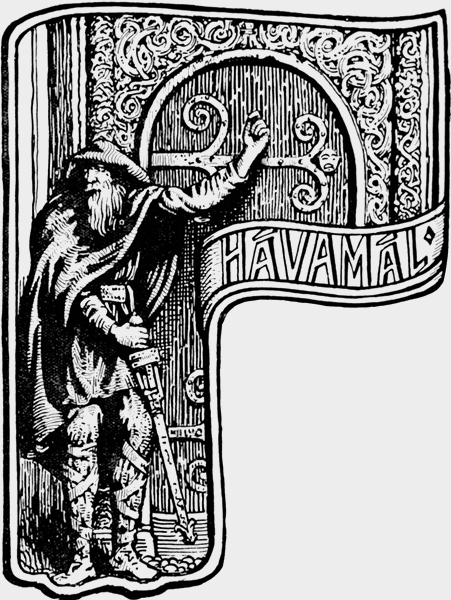5 consecutive Tuesdays. 7:00–8:40pm. Beginning October 2
Understandings of trauma and its psychological consequences are central to Psychoanalytic Theory and Practice. While reviewing different historical approaches to traumatic states, our focus will be on a Jungian approach to trauma and dissociation, as distinct from repression. From a Jungian perspective, dissociation is what we are not aware of on a conscious level that is retained by our bodies in a preverbal sense. Specific links between trauma and somatic states, “embodiment,” will be explored. In particular we will consider shifts in therapeutic approaches as suggested by Schore, Wilkinson, Levine, and Kalsched. Our conversations will be rooted in suggested readings and clinical material.
Note: This course is held at 305 West 107th Street, Suite N
FACULTY
Gary Brown, LCSW-R, LP, is a Jungian analyst in New York City. He is a supervising analyst on the faculty of the C.G. Jung Institute of New York and former vice president of The New York Association for Analytical Psychology. He is a member of the Foundation’s Continuing Education faculty and he was also past president of the Mid Hudson Jung Society. A life-long student and teacher of Buddhism, he is an ordained lay Buddhist priest and a designated Dharma Master.
Harry W. Fogarty, MDiv, PhD, LP, is a Jungian analyst in private practice in New York City. He is a faculty member of the Philadelphia Association of Jungian Analysts and a former Lecturer in Psychiatry and Religion at Union Theological Seminary. He has lectured nationally and internationally in the field of Jungian studies.
Suzanne Ironbiter, PhD, has a doctorate in History of Religion from Columbia University and teaches at Western Connecticut State University and SUNY Purchase College. Her writing and teaching explore Indo-Tibetan philosophy and contemplative practice as a basis for artistic culture, spiritual connection, and ecological action. Her poetry collections include How Fish Learn, Devi: Mother of My Mind, and Devi, and her novel The Secret Journey of Issa imagines Jesus’ lost years in India.
Cynthia Poorbaugh, MFA, LP, is a Jungian analyst in private practice in New York City and Cold Spring, NY. She is a teacher and supervisor, and has presented papers on art and astrology at psychoanalytic training colloquia and international conferences. She has previously taught for the C.G. Jung Foundation on the relationship between Jung’s archetypal theory and astrology, and continues with her research into how astrology illuminates key facets of Jung’s theory and the symbolic attitude.
David Rottman, MA is past President of the C.G. Jung Foundation of New York. He is the author of the book The Career as a Path to the Soul. He is a longtime member of the Foundation faculty and has a private practice in New York City.
Maria Taveras, LCSW is a Jungian analyst in private practice in New York City. She has a special interest in dream interpretation and creative process. Her “Dream Art” has been exhibited in New York, London, Cape Town, Montreal, and San Francisco. She is the recipient of two Gradiva Awards from the National Association for the Advancement of Psychoanalysis for her Dream Art. As a keynote speaker at the 2015 conference of the Moscow Association for Analytical Psychology, she was invited to present a retrospective survey of the Dream Art that she has created over the last 25 years.
General Information
Location
Programs are held at the C.G. Jung Center at 28 East 39th Street, New York City, unless otherwise indicated on this announcement.
Tuition
All 5-week courses are $175 for the general public and $150 for members, unless otherwise specified.
There is an additional $20 materials fee for the Painting the Psyche course.
Registration
The full fee must be paid at time of registration. You may register online (below, using your Amazon account), by mail or fax (use registration form, below), or by telephone: pay with your MasterCard or Visa. Or you can register in person at the C.G. Jung Foundation, Monday-Thursday 10:00 am-5:00 p.m. FAX # 212-953-3989. Seating is limited and early purchase of tickets is strongly recommended.
You can complete your registration online simply by paying through your Amazon account.
(If you pay online please also email to us your name, address, email and the name of the class for which you have paid )
Fall I classes
The Shadow: non-member ($175)
The Shadow: member ($150)
Trauma: non-member ($175)
This class is full.
Trauma: member ($150)
This class is full.
Painting the Psyche: non-member ($200)
Painting the Psyche: member ($170)
Fall II classes
Passion: non-member ($175)
Passion: member ($150)
The Self: non-member ($175)
The Self: member ($150)
Archetypal View of Jung’s Typology: non-member ($175)
Archetypal View of Jung’s Typology: member ($150)
 Registration Form (required for mail-in or fax registrations only)
Registration Form (required for mail-in or fax registrations only)
Registration Form – Fall 2018 (PDF format)
Refunds
Refunds for continuing education courses, less $15 for administrative services, will be made up to seven days before the first session. There will be no refunds issued after classes have begun. No exceptions will be made. Programs are subject to change without notice.

